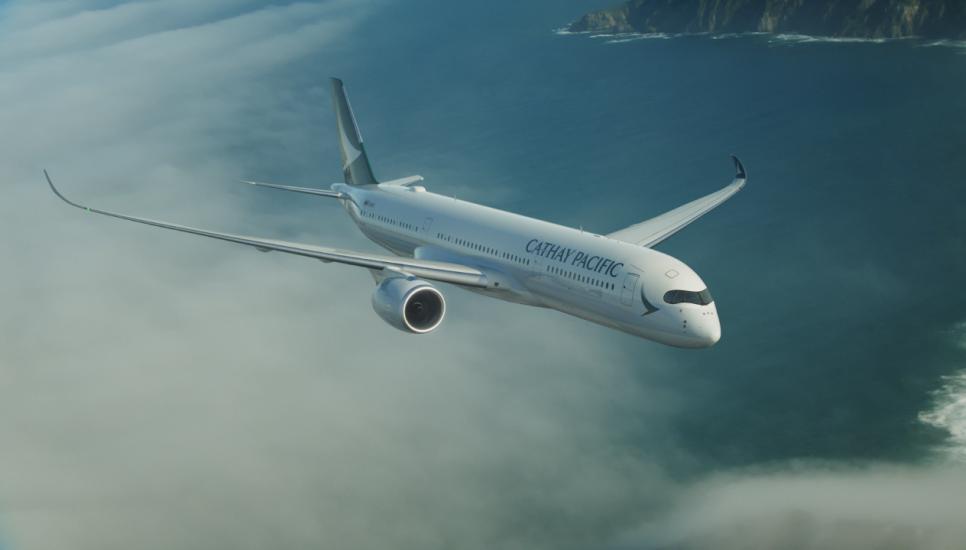FB Roundup: Swire Pacific, Volkswagen, and family firm philosophy

Cathay losses offset by property at Swire Pacific
Swire Pacific has reported a HK$4.7 billion ($600 million) profit for 2017, as losses from subsidiary Cathay Pacific were offset by property sales.
The Hong Kong arm of UK-based family investment vehicle John Swire & Sons (JS&S) posted revenues of $10.2 billion, up 29% from 2016, off the back of the settlement of a large property deal.
Cathay Pacific posted its second annual loss in a row, for the first time in its history, knocking $72 million off Swire’s bottom line. The airline was being “adversely affected by intense competition” Swire Pacific said in a statement. The group’s marine services arm also had a difficult year.
Underlying profit in Swire’s property division was $770 million, an increase of 11% compared with 2016.
Last month Swire Pacific appointed its first family member chairman, 45-year-old Merlin Swire, who will replace the outgoing John Slosar, freeing Slosar up to focus on a transformation programme at Cathay Pacific, which he also chairs.
VW cars using more diesel following recall
The Volkswagen scandal that refuses to die has reared its head Down Under, with the Australian Automobile Association finding its diesel cars were guzzling up to 14% more fuel after a recall meant to fix emissions.
 Consumer groups called for on-the-road testing, saying that laboratory testing clearly was not working. The AA examined affected VW cars before recall and immediately after, finding the average Golf used between 7% and 14% more fuel depending on road conditions.
Consumer groups called for on-the-road testing, saying that laboratory testing clearly was not working. The AA examined affected VW cars before recall and immediately after, finding the average Golf used between 7% and 14% more fuel depending on road conditions.
VW, controlled by the Piech family, admitted in 2015 to fitting about 11 million cars worldwide with special software that allowed them to cheat emissions tests, leading to a mass recall.
It is estimated that about 100,000 Australians own a car affected by the software, and VW is facing a class action lawsuit being heard in Sydney.
Despite the scandal, VW sold a record 10.7 million vehicles in 2017, a 4.3% increase on the previous year.
Governance, employee care characterise family firms
Family businesses employ 60% of the United States workforce and create 78% of all new jobs, business mentor group SCORE has found.
 SCORE found family companies were defined by good governance, with 94% of family-owned businesses controlled by supervisory or advisory boards.
SCORE found family companies were defined by good governance, with 94% of family-owned businesses controlled by supervisory or advisory boards.
They were also more likely to care for their employees, 74% of family-owned businesses report having strong values and positive company culture.
However, while 40% include younger family members on their boards and committees to nurture business and management skills, just 13% remain in business for more than 60 years.
SCORE defined family businesses as those operated by two or more family members, with majority ownership held within the family.






